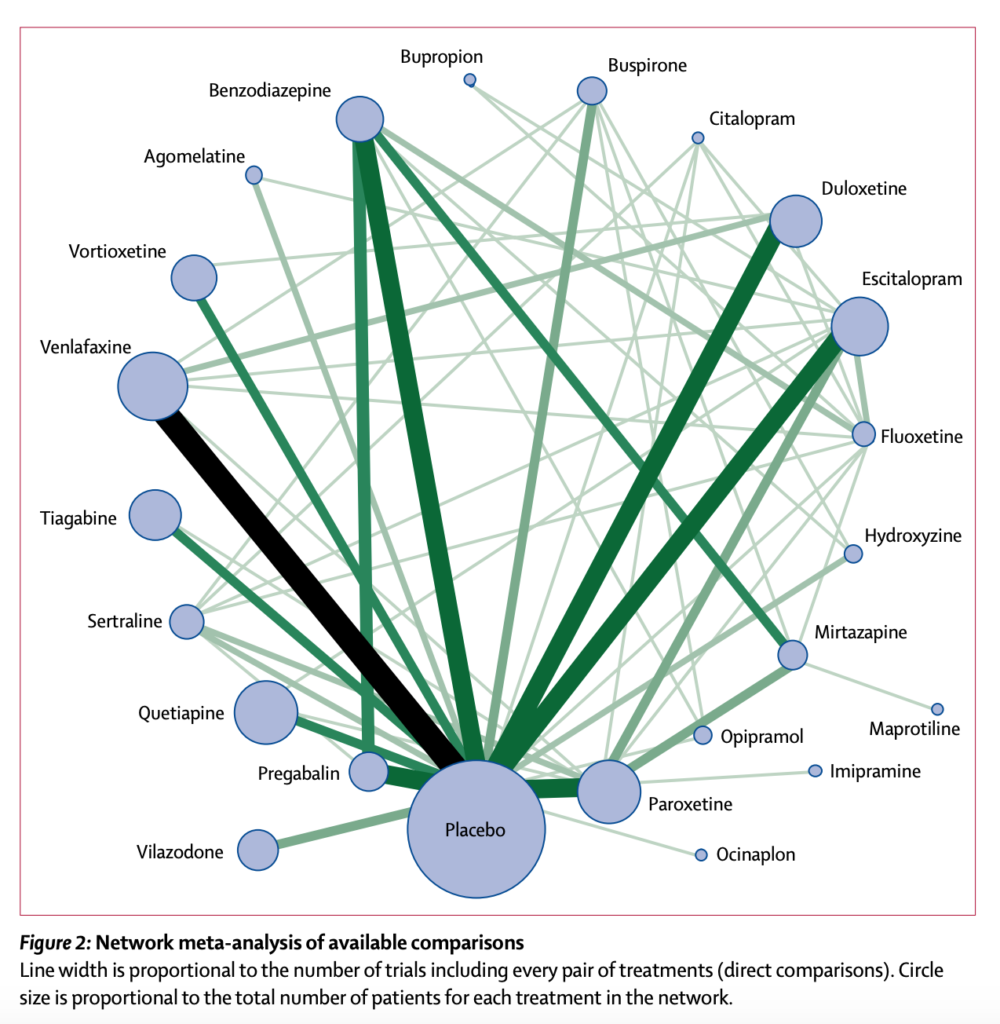

It's much easier to dump a handy observational database into a statistics package than to do serious research, and few academics have the skill and drive to produce high-quality publications at the rate required by university hiring and tenure review committees. Random samples of papers find high proportions that fail to replicate. Academic institutions nearly always close ranks to block investigation rather than help ferret out misconduct. Peer review is worse than useless, better at enforcing conventional wisdom and discouraging skepticism than weeding out substandard or fraudulent work. Even top researchers at elite institutions have been guilty of statistical malpractice. The literature has had many scandals-fabricated data, conscious or unconscious bias, and misrepresented findings. Taking a step back, there are strong reasons to distrust all observational studies looking for social associations. Simple, prudent consistency checks are essential before even looking at authors' claims. Gathering a few hundred papers to sift through for insight is valuable but should be approached with the assumption that there is more slag than metal in the ore, that you have likely included some egregious fraud, and that most papers are fatally tainted by less-egregious practices like p-hacking, hypothesis shopping, or tossing out inconvenient observations. I broadly agree with John Ioannidis of Stanford University's landmark 2005 paper, " Why Most Published Research Findings Are False. I'm much less trusting of academic studies and statistical claims than Haidt appears to be. Let me start by laying out where I'm coming from as a statistician and longtime skeptical investigator of published research. I found that the evidence not only doesn't support his claim about teen health and mental health it undermines it. But more recently, I decided to do just that. I don't know Haidt personally and didn't receive an invitation to scrutinize his research four years ago. Haidt posted a Google Doc in February 2019 listing 301 studies (to date) from which he has derived his conclusions, he began inviting "comments from critics and the broader research community."


He doesn't make unsupported claims, and you'll never find bland assertions that "studies prove" in his work, which is regrettably common in mainstream accounts.Īnd he's a model of transparency. He acknowledges that teen depression has multiple causes. He qualifies his view and describes complexities in the areas he studies. I admire Haidt's skill and integrity as a writer and researcher. In a recent post, Haidt took journalists, such as The Atlantic 's Derek Thompson, to task for continuing to maintain that "the academic literature on social media's harms is complicated" when, in fact, the evidence is overwhelming. In recent weeks, Haidt's work has been the subject of significant online discussion, with articles by David Leonhardt, Michelle Goldberg, Noah Smith, Richard Hanania, Eric Levitz, and Matthew Yglesias that mostly endorse his thesis. "There is now a great deal of evidence that social media is a substantial cause, not just a tiny correlate, of depression and anxiety, and therefore of behaviors related to depression and anxiety, including self-harm and suicide," Haidt wrote recently in his Substack, After Babel, where he's publishing essays on the topic that will also come out in the form of a book in 2024 tentatively titled, Kids In Space: Why Teen Mental Health is Collapsing. The social psychologist and New York University professor Jonathan Haidt wants journalists to stop being wishy-washy about the teen girl mental health crisis.


 0 kommentar(er)
0 kommentar(er)
